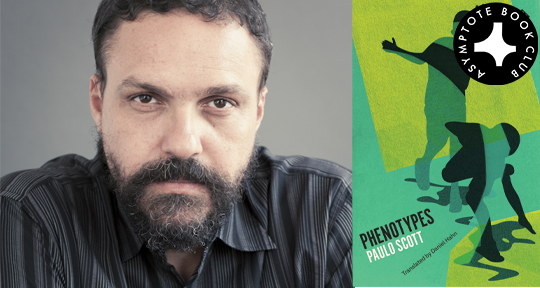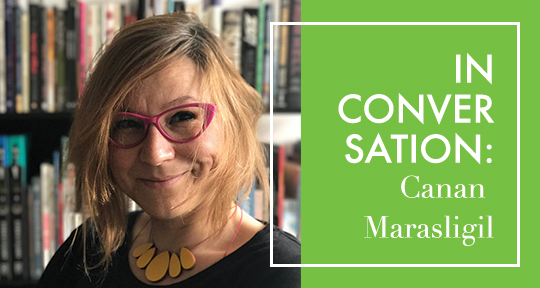This week, our editors are reporting on the intersection between literature and social movements. In Hong Kong, writers reflect on the June 4 protests at Tiananmen Square, in light of the continual tensions between China and the island. In Palestine, a new podcast features writers orienting their own work within the \ body of Palestinian literature. And in Kenya, the country mourns the loss of revolutionary playwright Micere Mugo.
Charlie Ng, Editor-at-Large, reporting from Hong Kong
Since the National Security Law in Hong Kong came into effect in June 2020, the annual candlelight vigil for commemorating the June Fourth Tiananmen Square protests have not been organized for four years; the event’s host, the Hong Kong Alliance in Support of Patriotic Democratic Movements of China, was also dissolved in September 2021. Additionally, the event’s traditional venue, the Victoria Park in Causeway Bay, was under renovation and not available to be booked this year.
Although public commemoration was forbidden, remembrance could still be possible through writing; Cha: An Asian Literary Journal called for short submissions of reflections written about June 4, 2023—which could be directly, indirectly, or even not related to the event. The project, “Just Another Day”, also welcomed written works accompanied with photos or artwork. Fifty-four submissions were published on Cha’s blog, presenting a wide range of reflections from local and overseas writers. Translator Lucas Klein contemplates on the protest culture in Hong Kong and what he witnessed outside of the Victoria Park in his post, while Hong Kong poet Jennifer Wong contributed a prose poem on the importance of memory. Asymptote’s assistant editor of fiction Michelle Suen interweaves childhood nostalgia and postcolonial politics in her reflection, and I also tell a brief story of my personal experience of June Fourth over the years. Varied as they are, the texts testify to the unstoppable impact of the historical event, in both people’s mind and reality.
Meanwhile, as issue 72 of local bilingual poetry magazine, Voice & Verse, was just published, the magazine is organizing a reading session in collaboration with Cha, a crossover that echoes the issue’s English section theme: “Crossings”. The reading session will take place on July 12, hosted by Tammy Ho and Matthew Cheng. Local and international contributors to both journals have been invited to read their works. READ MORE…




